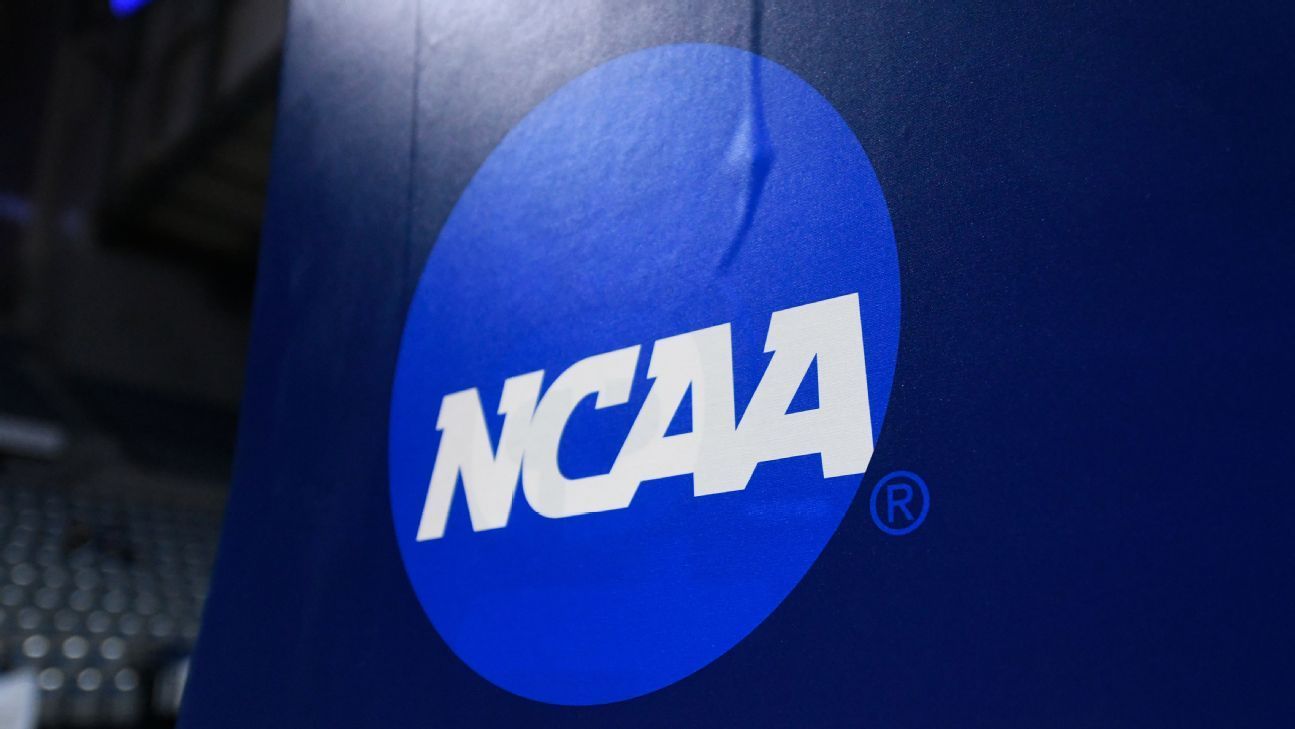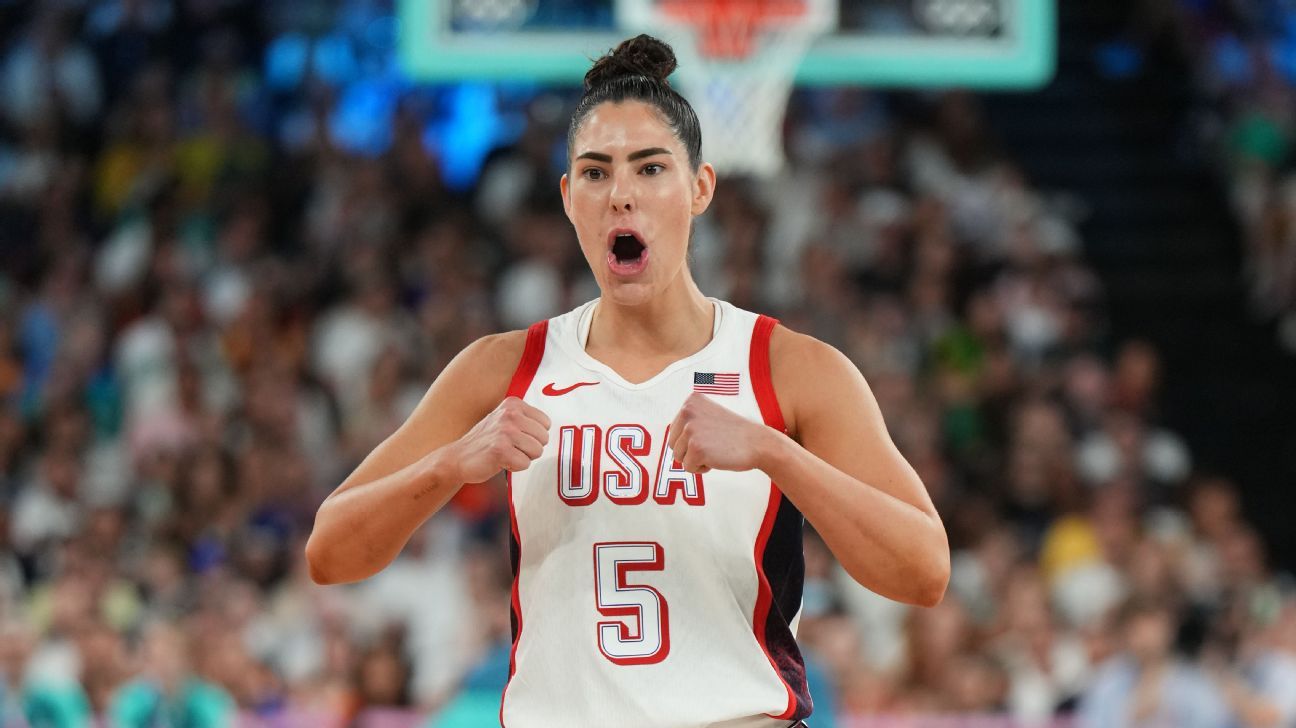COLUMBUS, Ohio — The Department of Justice, three other states and the District of Columbia have joined a lawsuit challenging the NCAA's transfer eligibility rule.
The federal agency joined the action, saying in its announcement this week that the NCAA transfer rule is “an unlawful restriction on the ability of college athletes to sell their image and likeness and control their education.”
The Justice Department said the attorneys general of the states of Minnesota, Mississippi, Virginia and the District of Columbia also signed the lawsuit.
“There is strength in numbers,” said Ohio Attorney General Dave Yost, who along with six other states filed the original lawsuit Dec. 7 in the U.S. District Court for the Northern District of West Virginia.
An email from the NCAA to The Associated Press on Friday referred to its last public statement on Dec. 15 and said the organization would have no additional comment at this time.
States are challenging the NCAA rule that athletes who want to make a second Division I transfer must wait a year before competing in their sport.
The lawsuit, which alleges that the NCAA's transfer rule waiver process violates federal antitrust law, could have a profound impact on college sports if successful. In court papers, the NCAA has said the plaintiffs “seek to remake college athletics and replace it with a system of perpetual, unchecked free agency.”
On December 13, U.S. District Judge John Preston Bailey in West Virginia issued a temporary restraining order against the NCAA that has since been expanded to a preliminary injunction prohibiting the NCAA from enforcing the rule and allowing athletes university students compete without fear of reprisals from the Association.
The preliminary injunction will extend at least through the end of the 2023-24 academic year, ensuring that winter and spring athletes can complete their seasons free of the rule's restrictions.
A trial date has not yet been set in the case. Along with Ohio, the other states in the original lawsuit are Colorado, Illinois, New York, North Carolina, Tennessee and West Virginia.












